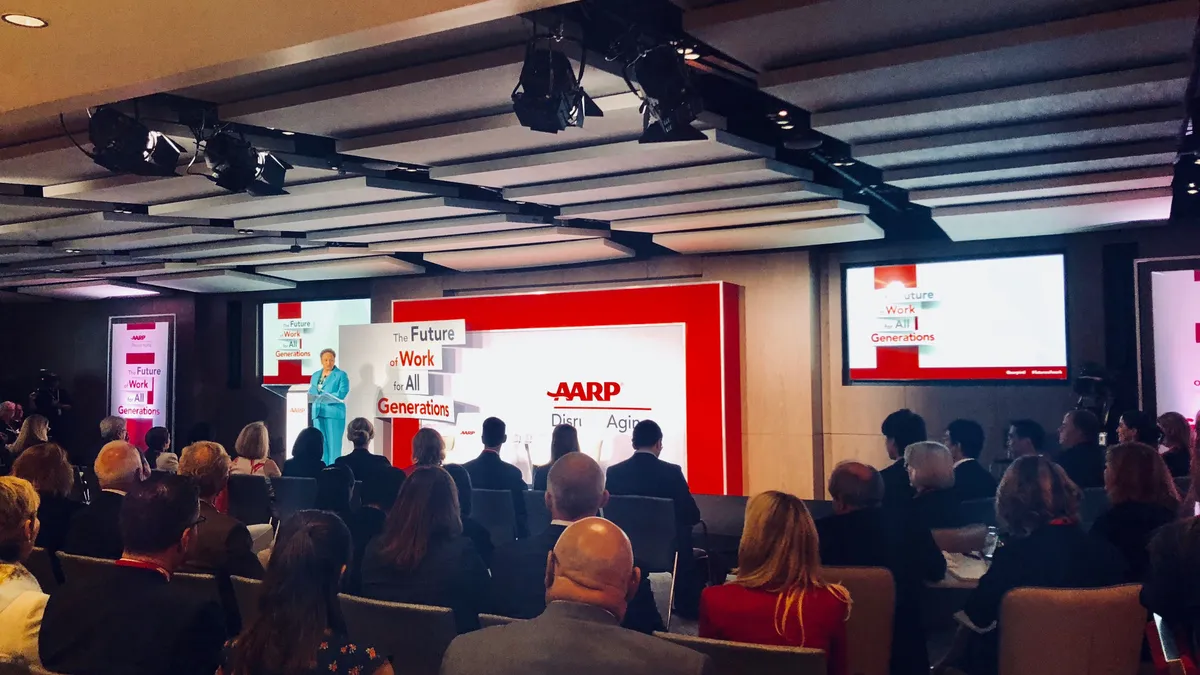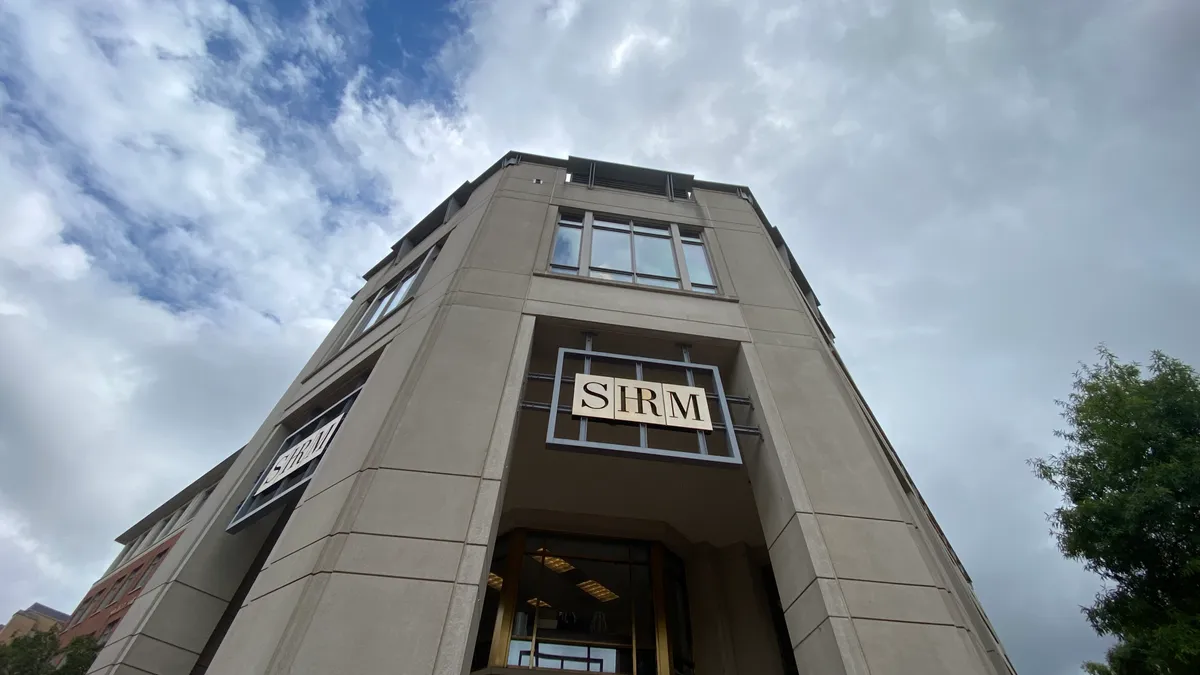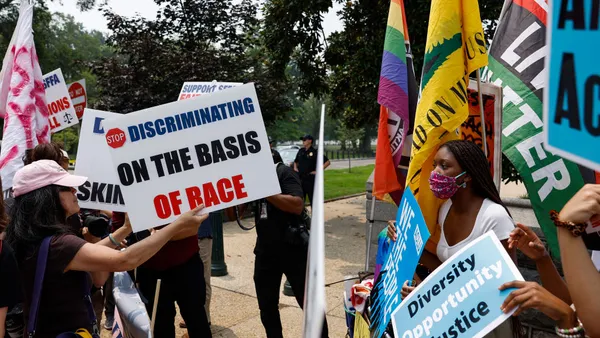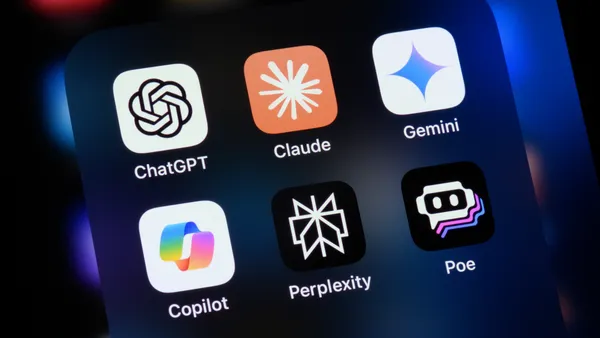Dive Brief:
- AARP has partnered with the World Economic Forum (WEF) and the Organization for Economic Co-operation and Development (OECD) on an upskilling and inclusive employment initiative called "Living, Learning and Earning Longer," CEO Jo Ann Jenkins announced at the association's Disrupt Aging: The Future of Work for All Generations event last Thursday.
- According to a handout from the event, the program will entail research, workshops, partnerships with thought leaders and discussions of "business rationales and incentives for employers to support a multi-generational, inclusive workforce." The program will culminate in a "web-based interactive" to debut at the 2021 WEF meeting in Davos, Switzerland, which will outline business cases and best practices for age diversity at work, AARP said.
- "It used to be that one of our philosophies about retirement was 'freedom from work,' but I think one of the things we're finding here at AARP is the freedom to work is so important for so many people," Jenkins told attendees. "If we in fact have the possibility to live to be 100, how will we continue to learn throughout the course of our life so that we're not only happy personally but in the work that we're doing? How can we continuously live longer lives if we don't have the financial support to be able to drive that?"
Dive Insight:
Talent pros may grapple with upskilling workers of all ages in the era of automation. However, speakers at the AARP event urged employers to prioritize the learning needs of older workers in particular as they continue to work and as life expectancy increases. Monika Queisser, head of OECD's Social Policy Division, Directorate of Employment, Labour and Social Affairs, presented data that showed the share of high-skilled jobs has increased 25% in 20 years and that life expectancy increased by 3.6 years between 2000 and 2016 overall in OECD countries.
"All of this technological change is taking place in a context of very positive news, and that is population aging," she said. As more workers put off retirement, employers are embracing the advantages of that diverse cohort. For the betterment of their organizations, employers can adopt age-inclusive policies, expel age discrimination from the workplace and ensure that older workers "remain employable throughout their lives" via continuing education, AARP said in its handout on the partnership.
While some retirement-age workers choose to work anyway, AARP acknowledged that many older workers cannot afford to retire even when they want to. "Earning longer" is a necessity for these workers. With this in mind, employers might be cautious of letting pro-work rhetoric or age-diversity initiatives stand in for benefits that enable workers to retire when they're ready. Employing a multigenerational workforce means understanding the challenges workers face at each stage of life and factoring those challenges into benefits decisions, experts have said.














